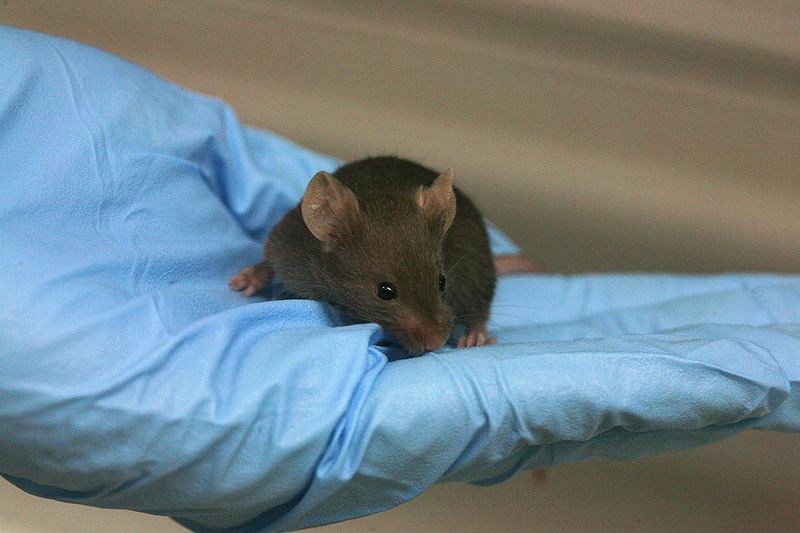After all of the filtering is done, I’m now finally ready to subsample the read files. Also, since the awk one-liners for subsampling isn’t working I wrote my own in python.
Below are the totals of reads per file. The goal is to subsample the groups of reads (paired and orphan) to the lowest acceptable value among them.
1
2
3
4
5
6
7
8
9
10
11
12
13
14
15
16
17
18
19
20
21
22
23
24
25
26
27
28
29
30
31
32
33
34
35
36
37
38
39
Condition 1 - Plus
read 1: 164655029
read 2: 164655029
orphan: 14957436
Condition 1 - Minus
read 1: 147430303
read 2: 147430303
orphan: 14500000
Condition 2 - Plus
read 1: 113675146
read 2: 113675146
orphan: 11505508
Condition 2 - Minus
read 1: 110752263
read 2: 110752263
orphan: 12084021
Condition 3 - Plus
read 1: 126954804
read 2: 126954804
orphan: 16455611
Condition 3 - Minus
read 1: 115484599
read 2: 115484599
orphan: 11895524
Negative Control - Plus
read 1: 138811772
read 2: 138811772
orphan: 11936178
Positive Control - Plus
read 1: 170018546
read 2: 170018546
orphan: 19394415
This is great news. It looks like I still have >100 million paired-end reads and >10 million orphaned reads are left per sample after subsampling. I’ll post some rarefaction curves when I get them.
The awk commands I found are not working properly, so I wrote this python script to subsample both the interleaved pair-end and single-end reads. Make sure you install argparse before trying to use it though!
#!/usr/bin/env python
'''USAGE: subsample_fasta.py file.fasta --size n --total n' --pair y/n
Randomly subsamples a fasta file to the given size, handles both single and paired-end read data
'''
# It's important to know the correct number of sequences per file for this script to run properly,
# please run seq_stats.py prior to running subsample_fasta.py
import sys
import random
import argparse
parser = argparse.ArgumentParser(description='Subsample reads from a fasta file.')
parser.add_argument('newfile')
parser.add_argument('--size', default=0, help='Number of sequences to subsample (# of pairs for paired-end)')
parser.add_argument('--total', default=0, help='Total number of sequences in the fasta file')
parser.add_argument('--pair', default='n', help='Indicates if the file is interleaved, pired-end reads')
args = parser.parse_args()
if int(args.size) == 0 or int(args.total) == 0:
print('ERROR: File or subsample value are of size 0')
sys.exit()
# Check if the subsample is that same or larger than the total sequence count, and then
# generates a random list of positions to pick from fasta file
print 'Creating subsampling distribution...'
if args.pair == 'n':
sample_list = range(1, int(args.total) + 1)
if int(args.size) >= int(args.total):
sample_list = set(sample_list)
print 'Subsample size is greater than or equal to the total number of sequences. Using all sequences.'
else:
sample_list = set(sorted(random.sample(sample_list, int(args.size) + 1)))
elif args.pair == 'y':
sample_list = range(1, int(args.total) + 1, 2)
if int(args.size) >= int(args.total):
sample_list = set(sample_list)
print 'Subsample size is greater than or equal to the total number of sequences. Using all sequences.'
else:
sample_list_forward = sorted(random.sample(sample_list, int(args.size) + 1))
sample_list_reverse = []
for index in sample_list_forward: sample_list_reverse.append(index + 1)
sample_list = set(sorted(sample_list_forward + sample_list_reverse))
elif args.pair not in ['y', 'n']:
print('ERROR: Invalid input file type')
sys.exit()
# Name and open output file
outfile_str = str(args.newfile).rstrip('fasta') + 'pick.fasta'
outfile = open(outfile_str, 'w')
# Create logfile of subsampling
logfile_str = str(args.newfile).rstrip('fasta') + 'pick.log'
logfile = open(logfile_str, 'w')
# Label the input as pe or se
if args.pair == 'y':
file_type = 'Paired-end'
else:
file_type = 'Single-end'
log_str = '''Input file name: {infile}
Input file type: {type}
Output file name: {outfile}
Total sequences: {total}
Subsample size: {size}
'''.format(infile=str(args.newfile), type=file_type, outfile=outfile_str, total=str(args.total), size=str(int(args.size)))
logfile.write(log_str)
logfile.close()
# Open and begin looping through fasta file and picking sequences
print 'Writing subsampled fasta file...'
with open(args.newfile, 'r') as infile:
outfile = open(outfile_str, 'w')
seq_count = 0
include = 0
iteration = 0
pair_include = 0
for line in infile:
line = line.strip()
if line[0] == '>':
include = 0
seq_count += 1
iteration += 1
if iteration == 10000:
iteration = 0
progress_str = str(seq_count) + ' of ' + str(args.total)
print(progress_str)
if seq_count in sample_list:
sample_list.discard(seq_count)
outfile.write(line)
outfile.write('\n')
include = 1
continue
elif line[0] != '>' and include == 1:
outfile.write(line)
outfile.write('\n')
continue
outfile.close()
print 'Done.'I streamlined the process as much as possible by making it only necessary to loop through the large fastas a single time. It also prints a logfile so you can remember what the heck you did in a month.
After all of the filtering and tweaking the subsampling algorithm, the jobs are finally running. As soon as they finish, I’ll map the residual reads to the C. difficile 630 genome and get some useable data.

